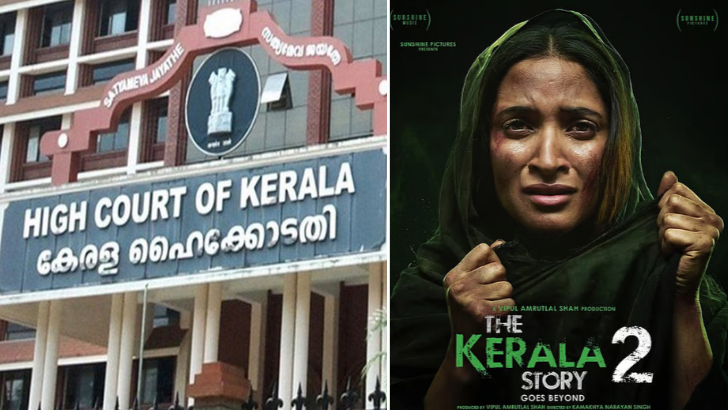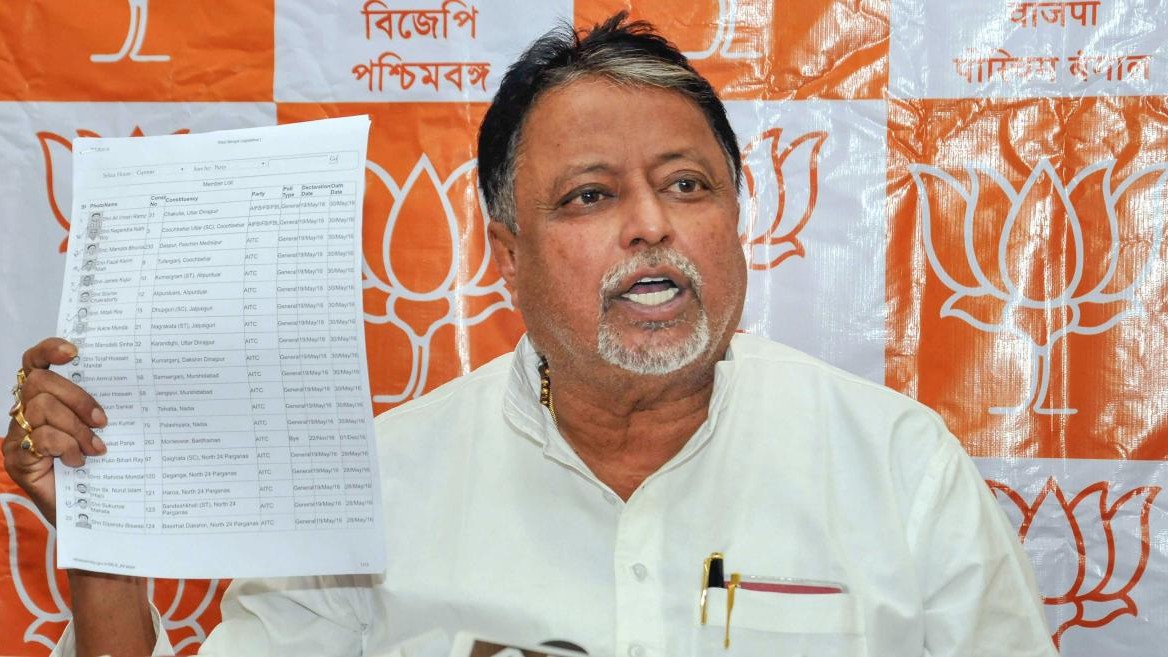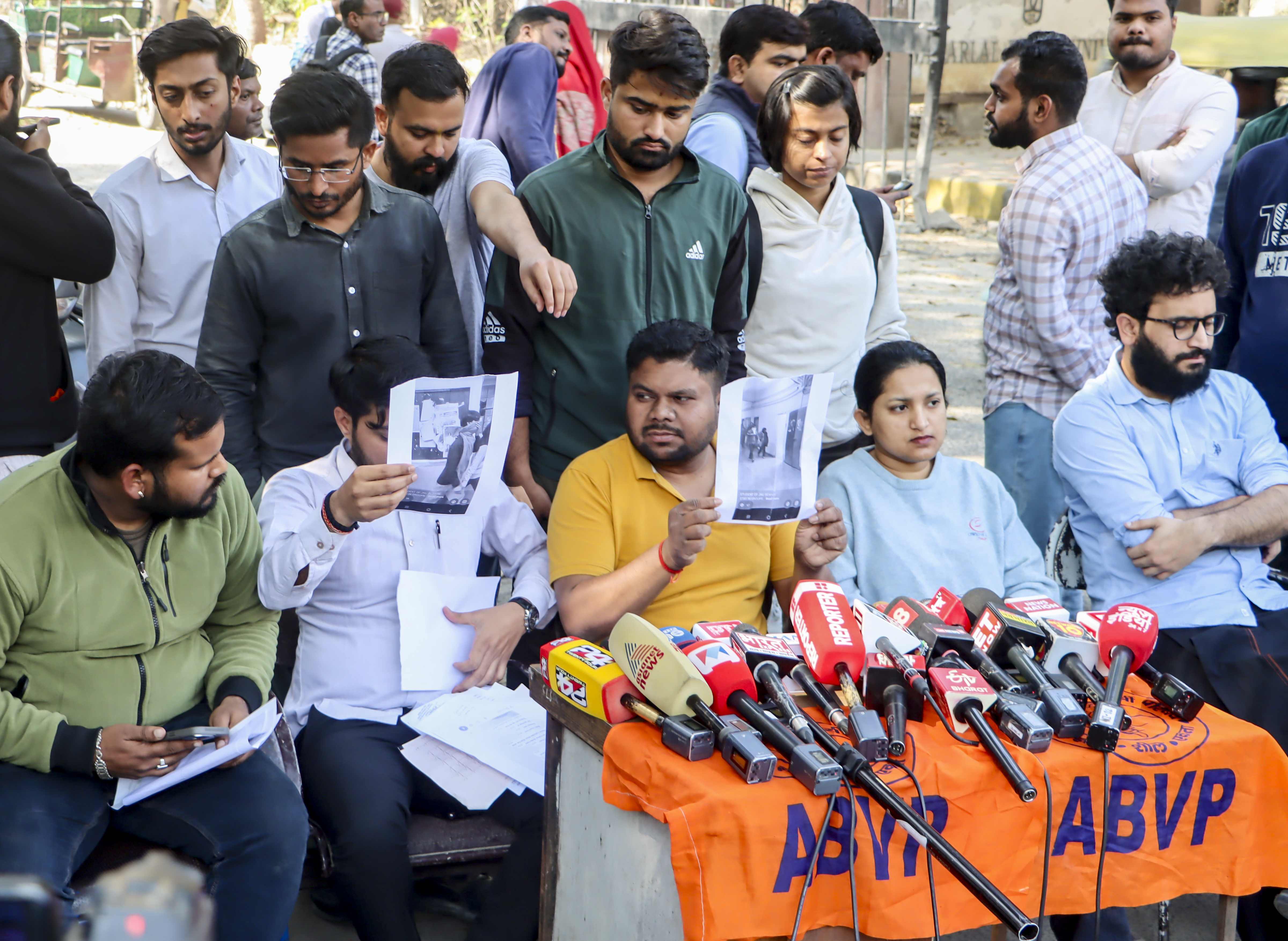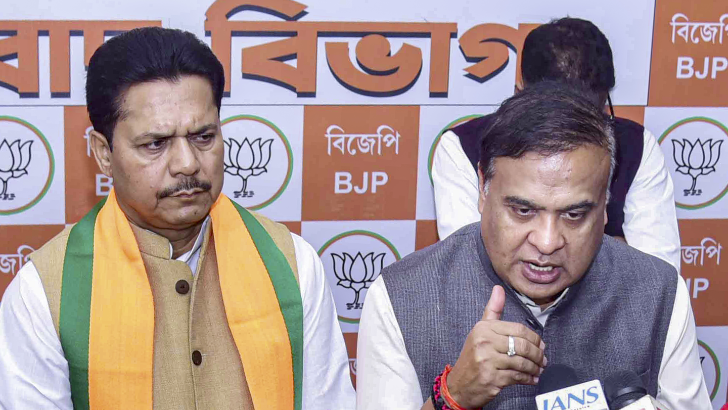AAP MLA Amanatullah Khan moves SC against Waqf Bill
In his plea, Khan sought that the Waqf (Amendment) Bill be declared as "unconstitutional and being violative of Articles 14, 15, 21, 25, 26, 29, 30 and 300-A of the Constitution" and sought direction for striking it down.
PTI
-
Aam Aadmi Party MLA Amanatullah Khan
New
Delhi, 5 April
Aam Aadmi Party MLA Amanatullah Khan has moved the Supreme
Court, challenging the constitutional validity of the Waqf (Amendment) Bill, 2025.
In his plea, Khan sought that the Waqf (Amendment) Bill be
declared as "unconstitutional and
being violative of Articles 14, 15, 21, 25, 26, 29, 30 and 300-A of the
Constitution" and sought direction for striking it down.
On Friday, Congress MP Mohammad Jawed and AIMIM
president Asaduddin Owaisi moved the apex court, challenging the validity of
the Waqf (Amendment) Bill, 2025, saying it violated the constitutional
provisions.
Jawed's plea alleged the Bill imposed "arbitrary
restrictions" on Waqf properties and their management, undermining the
religious autonomy of the Muslim community.
The petition, filed through advocate Anas Tanwir, said the
proposed law discriminated against the Muslim community by "imposing
restrictions that are not present in the governance of other religious
endowments".
The Bill was passed in the Rajya Sabha with 128 members voting in
favour and 95 opposing it. It was passed in the Lok Sabha early 3 April with
288 members supporting it and 232 against it.
Jawed, a Lok Sabha MP from Kishanganj in Bihar, was a member of
the Joint Parliamentary Committee (JPC) on the Bill and has alleged in his plea
that the Bill "introduces restrictions on the creation of Waqfs based on
the duration of one's religious practice".
In his separate plea, Owaisi said the Bill takes away from Waqfs
various protections which were accorded to Waqfs and Hindu, Jain, and Sikh
religious and charitable endowments alike.
The plea argued the amendments "irreversibly dilute" the
statutory protections afforded to Waqfs and their regulatory framework while
giving "undue advantage" to other stakeholders and interest groups,
undermining years of progress and pushing back Waqf management by several
decades.
Leave a Reply
Your email address will not be published. Required fields are marked *








.jpg)











